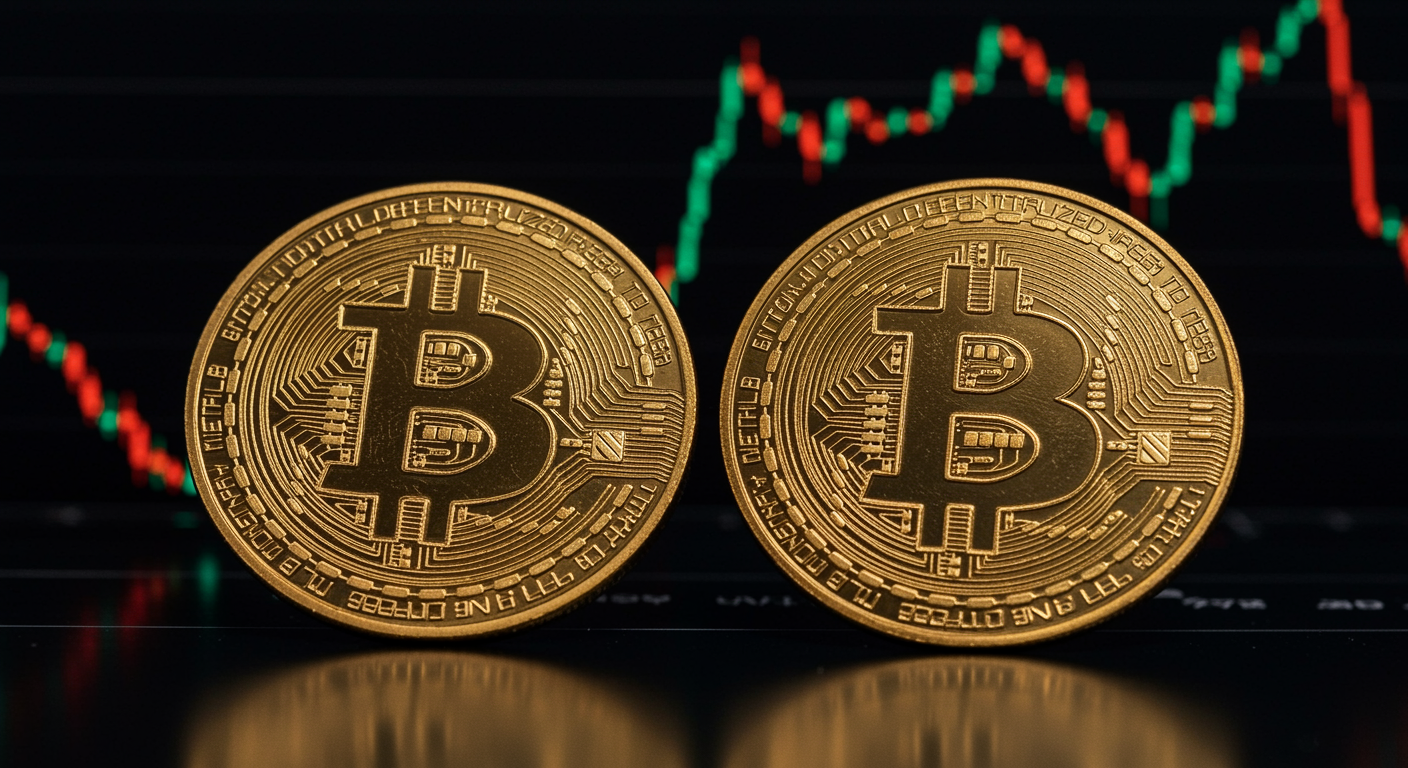XRP is extending its 47-day consolidation under the $3.00 mark, with attention now focused on the $2.77 support level and the SEC’s October rulings on spot ETF applications as potential catalysts for a breakout.
Price Action
The token’s latest advance stalled at $2.88–$2.89, where institutional selling capped momentum and triggered a 4% pullback. Nearly 280 million XRP changed hands on Sept. 5 as price fell from $2.88 to $2.81 at 14:00 UTC. Buyers quickly stepped in near $2.82, helping the market stabilize just above key support at $2.77.
XRP closed around $2.82, trading within a narrow $0.08 band on the day — roughly 3% intraday volatility — underscoring the tight consolidation structure that has persisted for weeks.
Market Drivers
- ETF Filings: Six asset managers have submitted spot XRP ETF applications, with decisions due in October.
- Whale Accumulation: Large investors have added roughly 340 million XRP in recent weeks, despite persistent volatility.
- Supply Risks: Exchange balances remain elevated above 3.5 billion tokens, raising the prospect of renewed sell pressure.
- Macro Setting: Fed policy signals and inflation data continue to shape risk sentiment across digital assets.
Technical Landscape
- Support: Strong demand between $2.77–$2.81, repeatedly defended.
- Resistance: $2.88–$2.89 remains the immediate ceiling; $3.00 psychological barrier and $3.30 breakout threshold above.
- Indicators: RSI sits in the mid-50s, leaning neutral-to-bullish, while MACD approaches a bullish crossover.
- Structure: Prolonged consolidation below $3.00, with a breakout above $3.30 likely opening a path toward $4.00+.
What Traders Are Watching
- Whether $2.77 continues to hold as the downside pivot.
- Market reaction on retests of the $2.88–$2.89 resistance zone.
- If whale accumulation can offset elevated exchange reserves.
- The SEC’s October ETF rulings as a potential institutional catalyst.
- Macro drivers including Fed policy shifts and inflation prints.




























